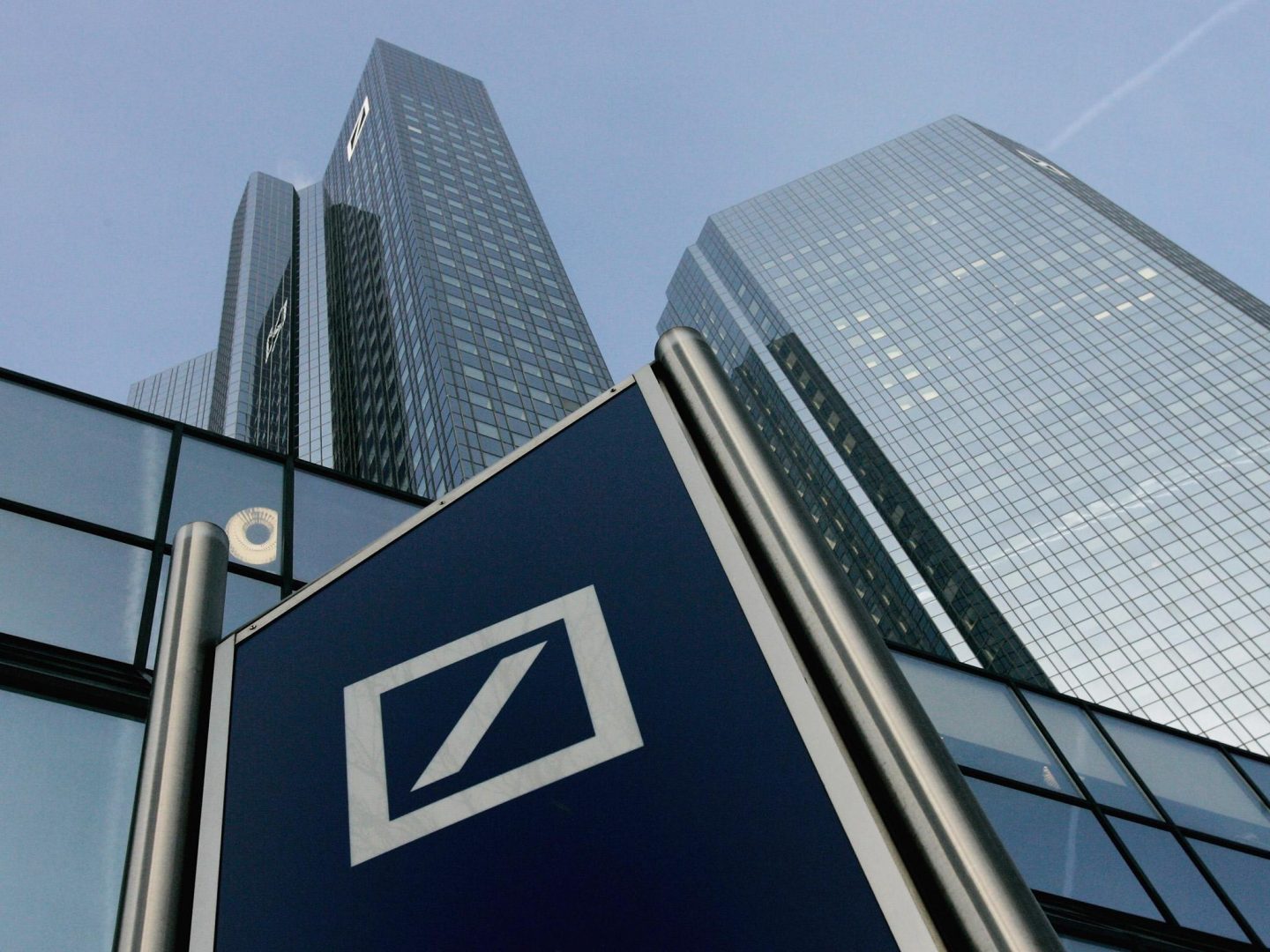Deutsche Bank-Commerzbank merger: the Big Play of the year

So far, the 2019 edition of the merger between Deutsche Bank and Commerzbank is following the playbook. The sector is unprofitable in Germany, so a merger is the only thing that makes sense, but the sector is unprofitable, so a merger can’t help either firm. Commerz has its legacy books of Italian and Spanish sovereign debt to deal with, Deutsche has its struggling trading operation, and the first quarter of 2019 has not exactly started well for the European banks. More worryingly, its transaction services business is also struggling to keep up the pace. However, under IFRS 3, Commerz’s sovereign books will have to be fair-valued at the point of merger, which means a chunky negative goodwill figure, and a concomitant capital gain for the acquirer.
As CreditSights’ analysts note, €10.5 billion of negative goodwill could take pro-forma CET1 from 11% to 13%. That might not be enough to obviate a fresh capital raising by Deutsche, assuming Deutsche is the acquirer, but it should lessen the requirement. However, all of that is by the by. This deal, if it happens, will not be about making the numbers add up on a spreadsheet – it will be about politics, and that’s what has got Commerz bankers jumpy.
What’s clear from Commerz folk is that your mood around this situation rather depends on where you are sitting. The London investment banking teams, lacking either scale or the job protection of their German cousins, are working on the assumption that it will be a wholesale takeover by Deutsche and that any Commerz rump that remains will be outside London. Meanwhile, New York’s Deutsche investment banking staff – for so long the recipients of outsized bonuses despite continually poor returns, much to the chagrin of their colleagues elsewhere – face the prospect of having to bear the brunt of the demands for the firm to pull back from its global ambitions that would surely accompany political support for a merger.
Once upon a time, London and New York were where Deutsche thought it could get quick wins in market share. Now both sites look attractive for being where it can fire people the quickest. Among Commerzbank’s corporate bankers, the main fear is not lending limits, or redundancies, but more about culture In all the merger talk, there has been some comment about lending limits, that corporates that work with both banks might have to take a portion of their business elsewhere for fear of being over-exposed to the combined group. For most clients, this is in fact likely to be a non-issue – but there is another, more serious worry for those nurturing relationships at Commerz. Some see a double consequence of both the post-crisis effort to pivot Deutsche away from Germany and the continued outsized emphasis on its investment bank as having left the firm with fewer friends in corporate Germany.
Among Commerzbank’s corporate bankers, therefore, the main fear is not lending limits, or redundancies – although that particular fear does exist – but more about culture. Many corporate clients, the theory goes, just don’t want the Deutsche hotshots and the products they might try to push.
That’s no doubt a self-serving argument by those at Commerz, but it means the conclusion for Commerz staffers is a simple one. They are pleased that the Deutsche merger talk has put the firm in play, but the tone is very different to a few years earlier: now it is said to be mildly optimistic. Back then, Commerz was seen as the problem child for Deutsche to take pity on. Now the boot is on the other foot – does Deutsche have a future on its own? Commerz, in the meantime, might now find itself attractive to a BNP Paribas or a Santander, or even a UBS. And for German politicians stuck between wanting to ensure Deutsche’s future on the one hand, but not wanting to aggravate unions on the other, this is where the difficulty comes. Neither bank is in urgent need of rescue – balance sheets at both look better than they did post-crisis. Let them sort out their own problems, say some observers.
However, this is looking like a one-sided argument. Deutsche, once the jewel in the crown and still the biggest European investment bank, might end up being the name that becomes difficult to defend. In European consolidation, Commerz might be the kingmaker. Who would have thought it?

